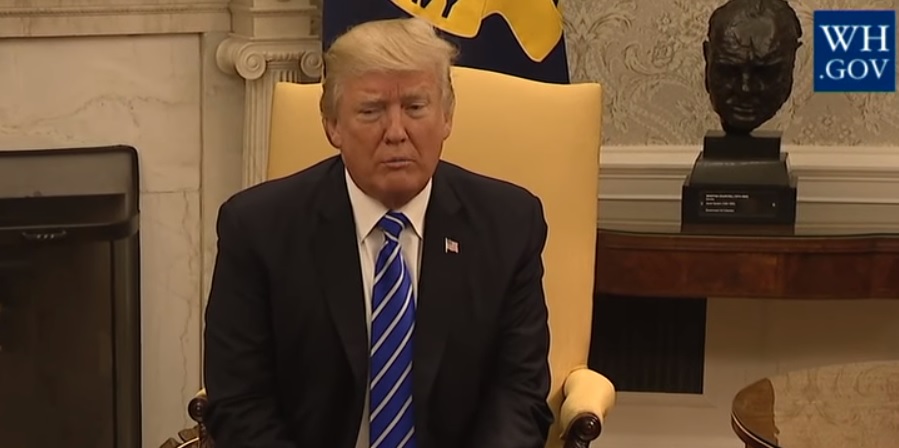
Republicans are ratcheting up pressure to tighten curbs on visa coveted by Indians.
Washington has been abuzz in recent days with talk of a potential new White House announcement that will expand upon President Donald Trump’s previous proclamation to impose new limits on H-1B visa.
Trump’s initial proclamation on April 22, banning the entry of certain Green Card holders, had left the H-1B program untouched despite calls by many of his Republican supporters to curtail it.
According to reports, it was strong last-minute lobbying efforts by the influential US tech industry that forced Trump to spare H-1B visas meant for skilled foreign workers in speciality occupations.
Roughly three fourths of H-1B visa holders are employed by the tech industry. Historically, the nation that benefited most from H-1B visas is India, with more than half the visas going to its nationals.
But even as Trump spared the H-1B program, he directed the Department of Labor to review the impact all non-immigrant work visas are having on U.S. jobs and submit a report within 30 days. It is not clear what recommendation the Department of Labor made to Trump.
READ: More than 1,000 unstamped H-1B, other nonimmigrant visa holders stranded in India (May 19, 2020)
In the meantime, opponents of H-1B — and there are many in the ruling Republican Party — have been steadily ratcheting up pressure on Trump to act against the visa program.
Four GOP senators wrote a letter to the president on May 7 urging him to “suspend all new guest worker visas for sixty days, and to suspend certain categories of new guest worker visas for at least the next year.”
“Given the extreme lack of available jobs for American job-seekers as portions of our economy begin to reopen,” they argued, “it defies common sense to admit additional foreign guest workers to compete for such limited employment.”
On Friday, College Republican leaders from across the country wrote a letter to Trump urging him to roll back H-1B and eliminate the Optional Practical Training program (OPT), which allows foreigners on student visas to work in the US for up to three years post-graduation depending on their field of study.
“[W]e ask you to immediately take action to rescind the work authorization of hundreds of thousands of foreign, nonimmigrant skilled guest workers in order to ease the economic suffering of American college students and recent graduates looking for meaningful employment in these trying times,” said the letter, a copy of which was published by the rightwing Daily Caller News Foundation.
READ: Little hope for unstamped H-1B, other visa holders stranded in India (May 24, 2020)
Multiple reports in the national media in the past few days indicate that changes are indeed coming, as Trump looks to be seen as acting strongly amid unprecedented unemployment levels. So besides curtailing H-1B visas, the president might also limit or even suspend the OPT.
The Trump administration is also reportedly considering a proposal that would require companies to pay H-1B workers in certain fields and occupations a minimum of a level four wage, the highest such wage possible under the U.S. government’s prevailing wage criteria.
This would require U.S. businesses employing H-1B workers to pay professionals such as scientists and engineers a minimum annual wage of $135,000 to upward of $250,000, depending on the job title and location.
At first glance, this might seem beneficial and even a step in the right direction toward protecting H-1B visa holders. However, the reality is it will in fact prevent many companies and employers from hiring foreign born talent given the high minimum wages they are required to pay them.
These inflated H-1B mandatory salaries will no doubt force smaller businesses and start-ups to hire professionals from the U.S. because it makes little sense for these companies to pay much higher wages for foreign workers working in the same position.
The two-pronged attack seems to show preference towards U.S. educated nationals and employees as its implications are designed to flush out the international talent pool. If enacted these changes could spell doom for the future of H-1B program.



